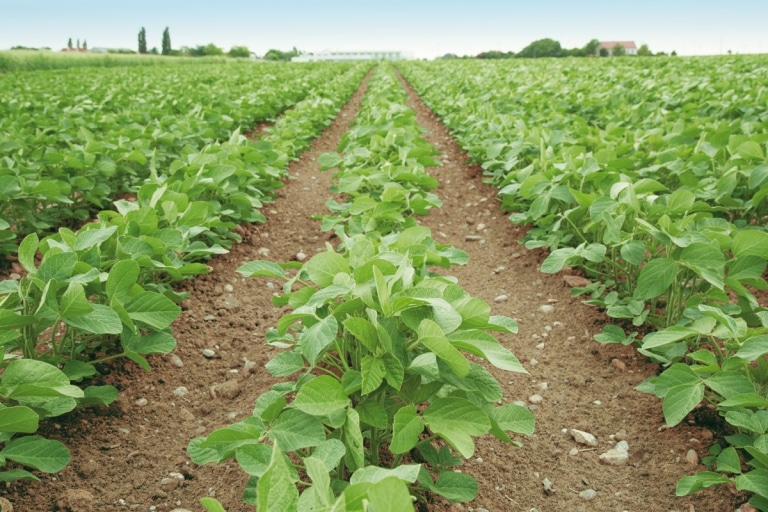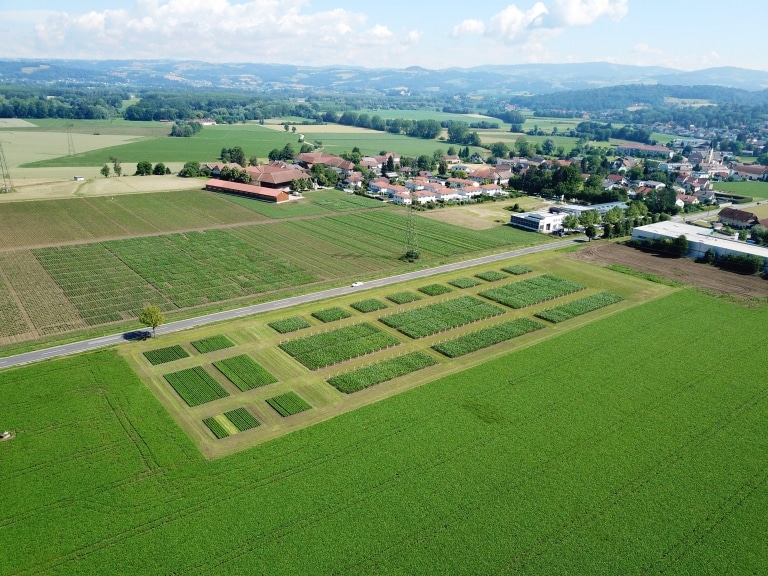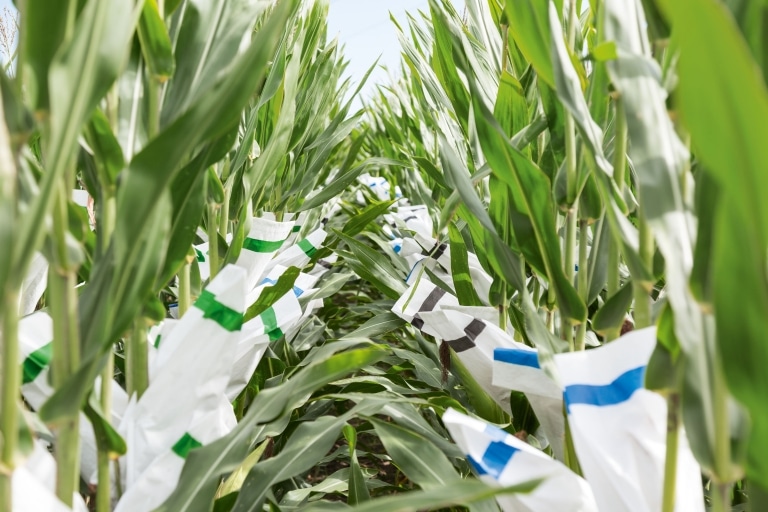10.11.2021
SAATBAU Germany’s Soybean Initiative
New oil mill in Nuremberg
Interview with the managing directors on the new initiative
Together with a business partner, SAATBAU Germany has been operating an organic soybean mill in Nuremberg since the summer of 2021. This is good news for any organic operation – in any way. The organic soybean oil mill and the objectives SAATBAU Germany is pursuing with this plant are explained by Managing Director Josef FRAUNDORFER (SAATBAU LINZ eGen.), Rudolf NATTER (SAATBAU ERNTEGUT) and Hans-Albrecht MÜLLER (SAATBAU GERMANY).
What exactly is this ‘soybean project’?
Josef FRAUNDORFER: Together with a German partner we are investing know-how gained in Austria into a new soybean oil mill in the port of Nuremberg. The focus of this first project is on the processing of organic soybeans. We take over the organic soybean yields from organic farmers in Southern Germany and toast them by means of a standardised hydrothermal process. This is important in order to neutralise antinutritive substances such as trypsin inhibitors. We then press the toasted soybeans to obtain soybean oil and soybean cake. When operated at full capacity, the mill can process up to 10,000 tons of soybeans/year which corresponds to a total soybean cultivation area of more than 3,500 hectares.
What makes a seed producing company decide to engage in oil milling?
Rudolf NATTER: The link between the two may not be an obvious one at a first glance. SAATBAU eGen is first and foremost a farmer’s cooperative operating traditionally in plant breeding, seed multiplication and marketing. In the past, we have worked with more than 80 different cultivars. Austria is a leader in the field of organic farming – almost 25 % of the agricultural surfaces are organic farmland nowadays – so for many years now, SAATBAU Linz eGen has multiplicated not only conventional but also organic seeds, with an ever-increasing percentage.
More and more farmers are converting their businesses to organic farms and have been requesting organic seeds, but for us, this was only one of the many aspects of engaging in organic production. To whom should the farmers sell their organic products? SAATBAU LINZ finally started to take over, store, process and market the organic products of its members, thereby functioning as the missing link in the value creation chain. Yet, it wasn’t enough to simply act as a trader or agent; this wasn’t the common objective. We wanted to create added value for the farmers and therefore engaged in joint investments with selected member farmers in order to establish e.g. spelt husking plants or oil mills. This is how Austria’s largest organic soybean oil mill came into existence.
SAATBAU ERNTEGUT markets large amounts of organic cereal; Why does SAATBAU LINZ focus specifically on soybeans?
Hans-Albrecht MÜLLER: In our view, protein supply in animal feed is one of the most pressing issues. On the one hand, there is a considerable protein gap in Germany’s animal nutrition with regard to raw proteins from plants. This gap is currently closed through large-scale importation of organic soybeans and soybean cake from China, India, Ukraine and Africa – a completely unsatisfactory situation. Currently, value creation happens outside of domestic operations.
On the other hand, there is a legal requirement, that by 2022, 100% of feedstuff is to be produced regionally and in organic production. This 100% organic feed requirement is currently causing enormous difficulties in procurement and production.
Our organic soybean mill will contribute at least in part to achieving the 100%-goal by 2022.
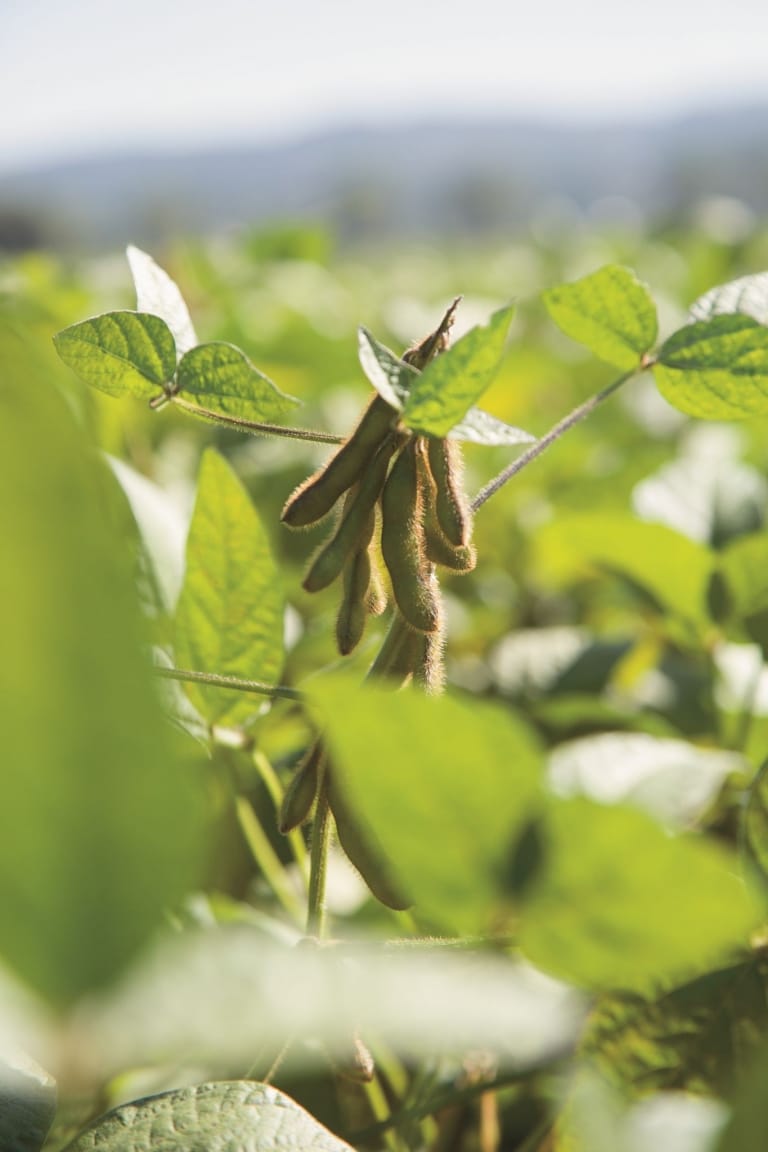
Josef FRAUNDORFER: What motivates us to engage in this project are the great capacities of the recently authorised soy bean varieties. For more than 30 years, SAATBAU LINZ has focused on breeding GMO-free soybeans. The breeding progress achieved here can now be utilised to a maximum and results in extremely high-performing varieties adapted to the German climate. Climate change actually benefits soybeans, which like it warm; the competitivity of soybeans is increasing.
Talking about competitivity – does the cultivation of organic soybeans pay off?
Hans-Albrecht MÜLLER: Let us be frank: organic soybean cultivation is particularly attractive, because the yields of conventionally grown soybeans and organically grown soybeans are almost the same while the producer’s price for organic soybeans is twice as high!
The yields of organic soybeans in Southern Germany vary according to the weather conditions and range between 2.0 and 3.5 t/ha. For organic soybeans, this corresponds to a market performance of 1,500 to 2,600 €/ha compared to a cost of 800–900 €/ha. The major advantage of soybeans is obvious: They require almost no fertilisation, there are hardly any significant diseases or pests and technological progress in mechanic weed control (weeders, rotary hoes and hoeing machines) can reduce manual work to a minimum. Soybeans are thus a good alternative to rapeseed, horsebeans or sugar beets. The marketing prospects for organic soybeans in the coming years are very good, prices are stable. Thanks to the secured takeover, soybean cultivation is no longer a risk and will hopefully make its way out of the niche market.
Where does the raw material, the soybeans, come from?
Hans-Albrecht MÜLLER: We offer our South-German farmers fixed cultivation and take-over contracts, for several years. Takeover takes place either in Nuremberg or with a regional partner. For 2022, we still have capacity and are offering sales contracts. The requirements for soybeans for feedstuff are more relaxed than for human consumption and there are no restrictions regarding the choice of varieties. What we insist on is a production according to the rules of our association as well as traceability all the way to the field. We will also be happy to support farmers who decide to convert to organic farming in marketing their products.
You refer to the soybean mill as ‘the first project’ – which other projects will be following?
Hans-Albrecht MÜLLER: In addition to soybeans, SAATBAU LINZ is engaging in a diversity of organic cultivars and organic raw materials. The food industry is currently reinventing itself; we have our heads full of projects, especially related to the organic sector. We need to determine those which create most added value for all stakeholders involved. This is all I would like to reveal for now.
With the foundation of SAATBAU DEUTSCHLAND in 1990, SAATBAU also supplies German farmers with seeds. In addition to a well-organised seed distribution, we help farmers to successfully market their products by purchasing organic goods. Our strengths are international experience in marketing, direct contact with the farmer, financially independence and a strong partner with quick payment.
More information on www.saatbau.com/de
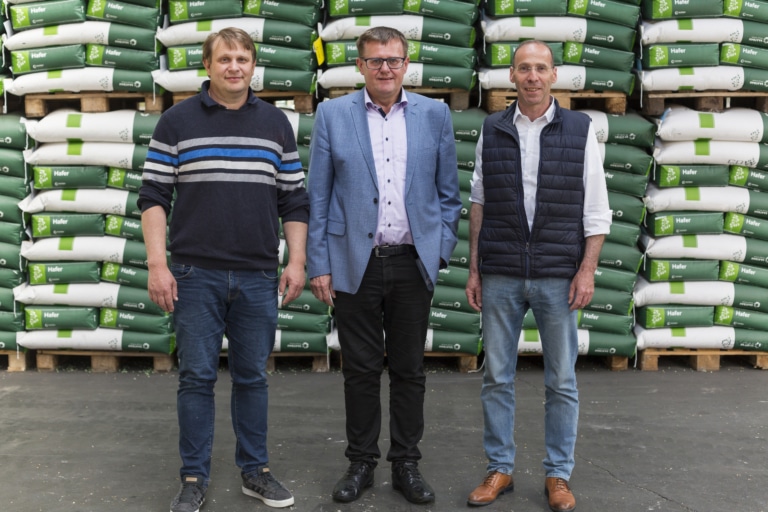
Rudolf NATTER, CEO Josef FRAUNDORFER und Hans-Albrecht MÜLLER
You might also be interested in
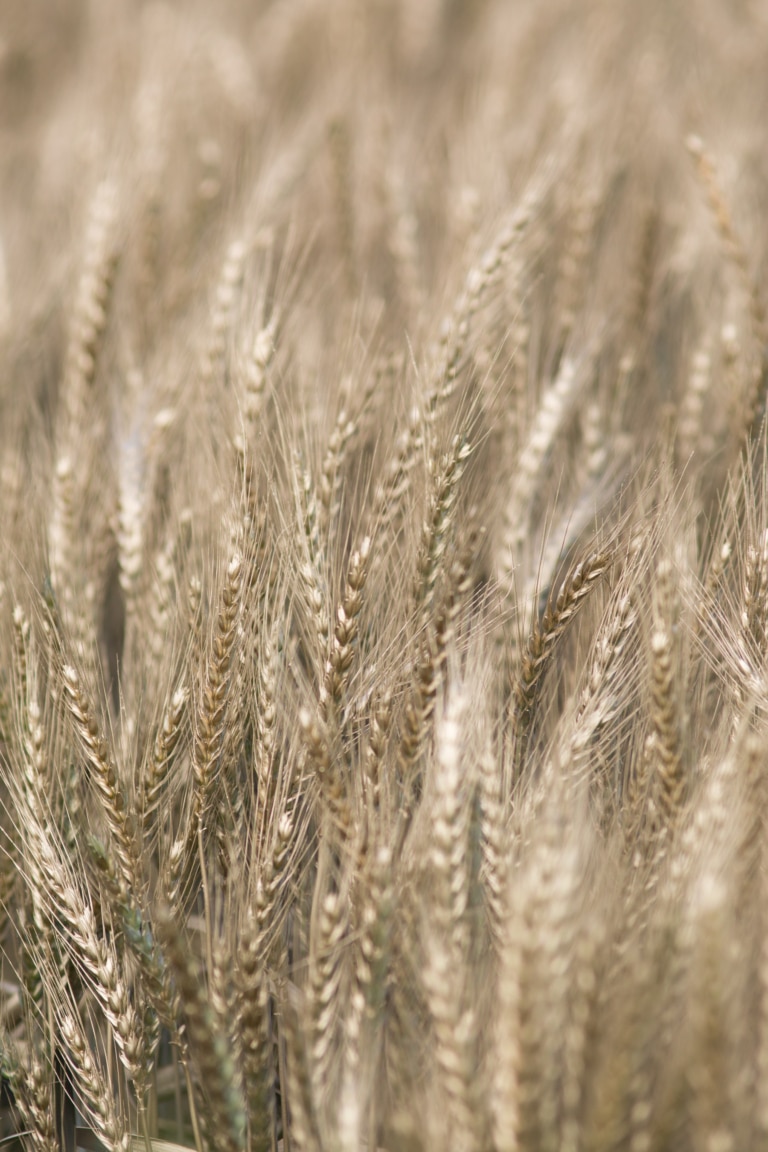
News
AURELIUS goes international
AURELIUS received its Austrian license in winter 2016. This was no surprise to us, but not…
Mehr erfahren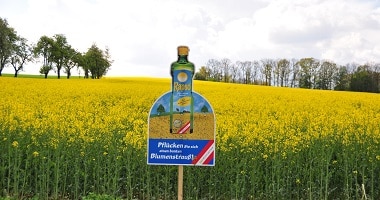
News
25 years RAPSO
The Upper Austrian chamber of agriculture and SAATBAU LINZ jointly developed the RAPSO project in order…
Mehr erfahren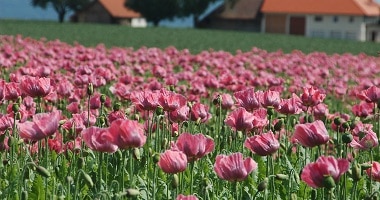
News
Fine seeds becoming a delicious filling
The word “poppy” immediately makes Austrian’s think of the Lower Austrian Waldviertel region and the poppy…
Mehr erfahren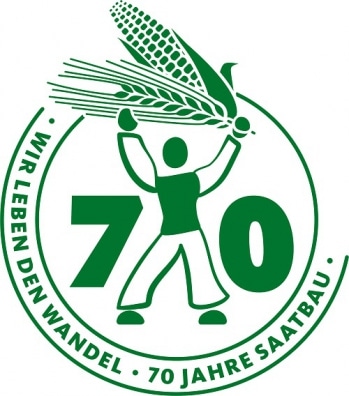
News
70 years of SAATBAU LINZ
On 22nd of May 1950, five local individual seed farming cooperatives merged into SAATBAU LINZ.
Mehr erfahren